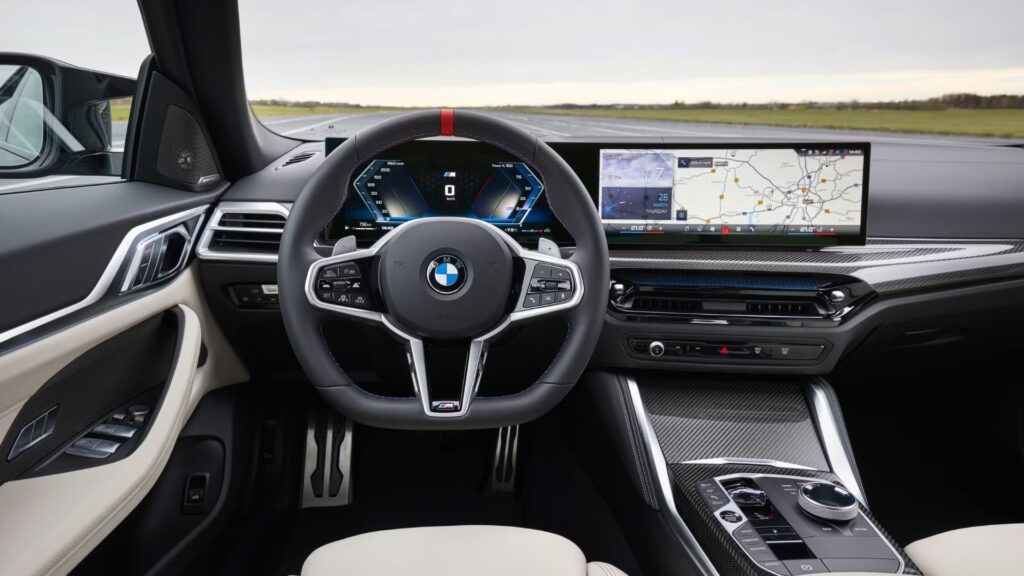When BMW split the 3 Series in 2013, the newly created 4 Series brought a sleeker, grand tourer-style coupe and convertible to the range. Sharing most of its mechanical DNA with the 3 Series sedan, the 4 Series quickly became popular for its mix of style, performance and practicality. But how reliable is it?

The first generation (F32, 2014–2020) scored well overall, though early models were affected by some widespread problems. The 428i, in particular, was prone to water pump failures that sometimes led to electrical short circuits. Later years also saw crankshaft sensor issues, while rare cases of sunroofs shattering at motorway speeds caused concern. Many of these issues were addressed through recalls or dealer fixes, but buyers are advised to check service records carefully when considering a used car.

The second generation (G22, 2021–present) fares better in terms of dependability. With familiar and proven engines, including the four-cylinder 430i and six-cylinder M440i, this version has fewer complaints and recalls. Early models did experience seatbelt retractor faults and some transmission control unit glitches, but both were limited in scope and rectified under manufacturer recall campaigns. Reports of everyday issues are minimal, making the current 4 Series one of BMW’s more reassuring purchases.
Across both generations, the BMW 4 Series has maintained above-average reliability within the compact luxury coupe segment. While rivals such as the Audi A5 remain strong alternatives, the 4 Series is steadily closing the gap on its saloon sibling in terms of popularity. With robust engines, strong parts availability, and only a handful of recurring issues to watch out for, the 4 Series has proved itself a stylish and dependable choice for enthusiasts and commuters alike.
 BMW.SG | BMW Singapore Owners Community The Ultimate BMW Community – Established Since 2001
BMW.SG | BMW Singapore Owners Community The Ultimate BMW Community – Established Since 2001













